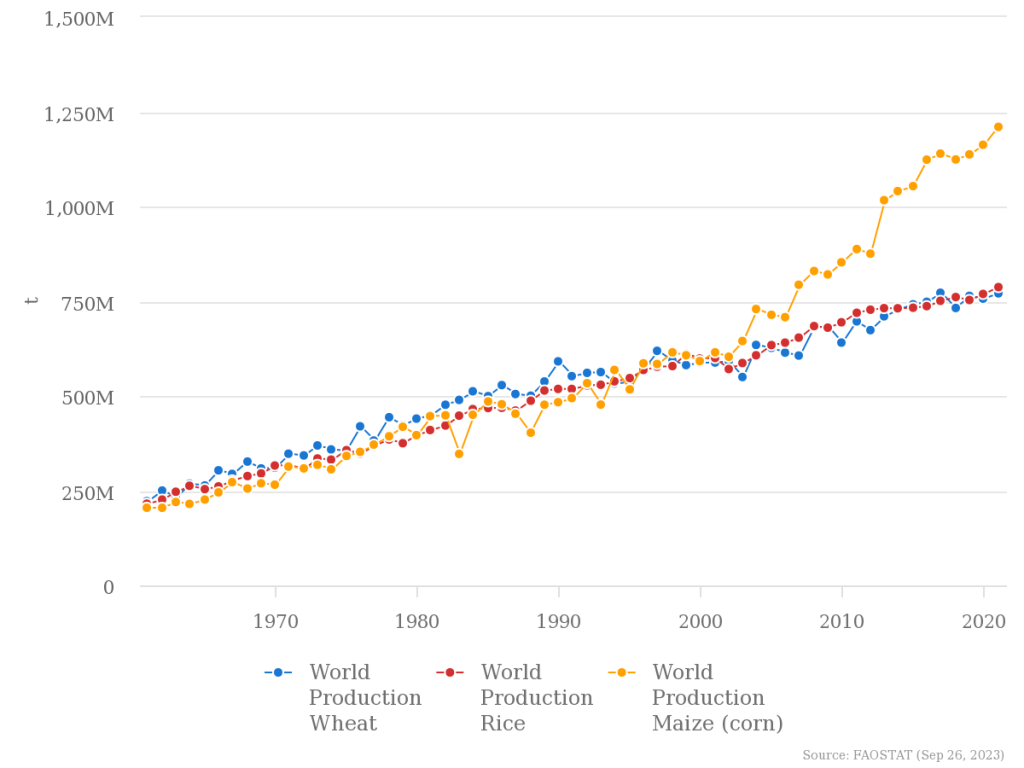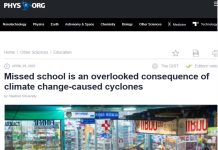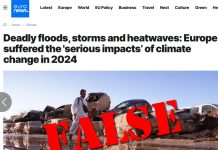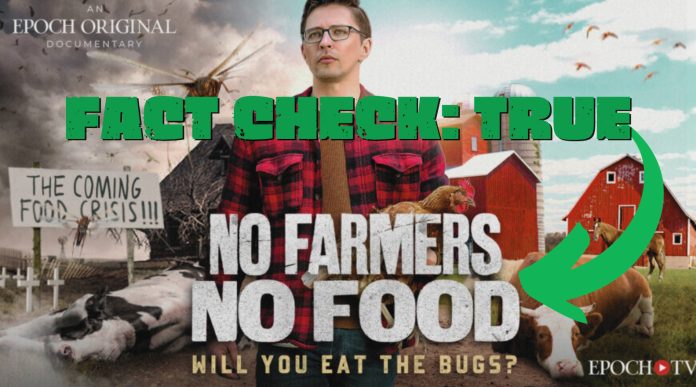EpochTV host Roman Balmakov’s documentary, “No Farmers No Food,” shows that climate policies are being used to push farmers out of business, cause a decline in animal husbandry, and promote the human consumption of insect protein. Balmakov accurately describes how climate activists are collaborating with governments around the world to shut down farms by imposing burdensome regulations and top-down decrees on farmers, allegedly to prevent a purported climate crisis.
Balmakov explains in the film that the United Nations leads these efforts.
“People in charge of some of the most powerful organizations on the planet have determined that agriculture, specifically animal agriculture, is to blame for global warming, and global warming is to blame for the high prices of food and food shortages,” says Balmakov.
The film cites a variety of specific policies imposed by governments around the world that are driving farmers out of business, such as water regulations in California, nitrogen policies in the Netherlands, and organic farming mandates in Sri Lanka. These policies are also leading to food shortages and higher food prices. Climate Realism has likewise previously reported on the dangerous results of these perverse policies, in “Yes, Breitbart, The Netherlands Anti-Agriculture Scheme Is a Disturbing Development,” covering the voluntary-or-else government buyouts of small to midsized farms in the Netherlands, as well as a scheme in Britain to “rewild” farmland. Climate Realism also discussed how the Sri Lankan government’s push to take its agriculture industry all organic resulted a rapid and steep reduction in output, and an equally rapid and steep increase in food prices.
Data show that amid modest warming, world crop production and yields are increasing, regularly setting new records, as has been discussed in dozens of articles on Climate Realism. For most places food security has improved, and hunger and malnutrition have fallen significantly during the recent period of climate change.
Take for example world production of staple food crops like rice, corn, and wheat. All of these crops, according to data from the United Nations’ own Food and Agriculture Organization, have seen steady production increases over the same time period that alarmists have been warning of a dangerous warming. (See Figure below)

Research shows that carbon dioxide is contributing to this increase in crop production because of the fertilization effect of higher CO2 levels. Additionally, the modest warming of the past decades has likely contributed to a slight increase in precipitation in the northern hemisphere and the “bread basket” regions, which means that less groundwater is needed for irrigation.
Eating bugs is certainly not going to help anything. As Climate Realism pointed out, here, for example, insects are not bulletproof earth-friendly health foods, in fact they can cause serious allergic reactions and other health complications. Also, replacing cattle with insects is unlikely to improve emissions, because factory-scale insect farming for human consumption is energy intensive, especially in the quantities needed if proponents intend to totally replace other animal proteins.
As The Epoch Times explains, Balmakov’s “documentary shines the spotlight on how some innocuous-sounding policies are harmful to the food supply.” The facts indicate that climate change does not threaten the global food supply. Rather, as Balmakov’s documentary shows, it is governments and international agencies retrograde farm policies which threaten the continued growth in food production, by eschewing modern agricultural technological innovations which have brought about the largest, fastest decline in hunger around the world in history, during the past century. Banning fertilizers and pesticides, limiting the amount of water that can be used for farming and ranching, restricting fossil fuel development and use, and threatening livestock ranchers over the amount of methane produced by their animals, can only result in reduced food production and increased hunger.


















And then there is this article. Completely irresponsible reporting
https://www.washingtonpost.com/weather/2023/09/26/super-el-nino-forecast-winter/
I marked it misleading and wrong